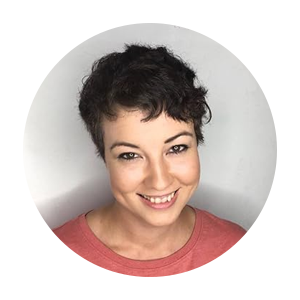 Heidi is a serial entrepreneur and the founder of RAW Artists Inc., a global arts organization that grew from a bootstrapped kitchen table startup to an Inc. 5000 company. Through RAW Artists, she created a community for over 200,000 independent artists to showcase their work. Today, she invests in and works with small businesses and founders, helping them start, scale, or streamline their operations. Her mission is to support extraordinary people who make the world more creative, joyous, or efficient.
Heidi is a serial entrepreneur and the founder of RAW Artists Inc., a global arts organization that grew from a bootstrapped kitchen table startup to an Inc. 5000 company. Through RAW Artists, she created a community for over 200,000 independent artists to showcase their work. Today, she invests in and works with small businesses and founders, helping them start, scale, or streamline their operations. Her mission is to support extraordinary people who make the world more creative, joyous, or efficient.
Presenting: Building a Creative Business Plan
Session Description: This session will take you through the fundamentals of building a sustainable business plan for your creative business. The session will arm you with real-world tools, best practices and warnings against common pitfalls to ensure your business is not only making a creative impact but is also sustainable in today’s world.
